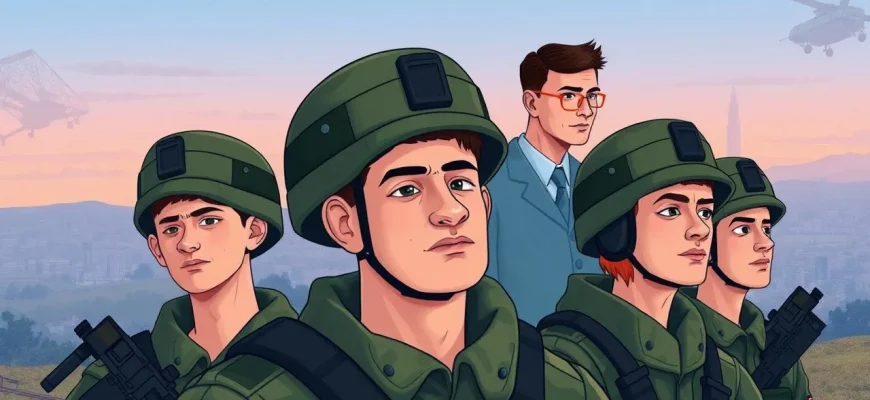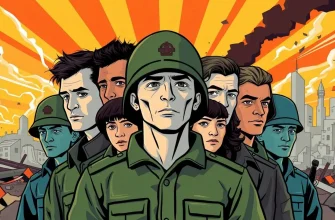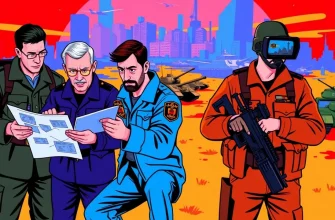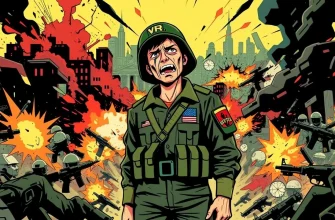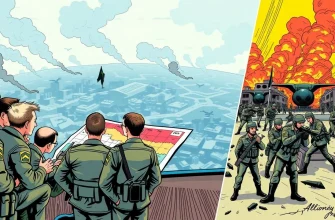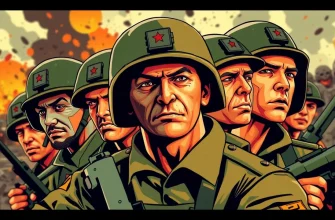This curated selection of war films delves into the often overlooked aspect of psychological support in combat. These films not only showcase the physical battles but also the mental and emotional struggles soldiers face, providing a deeper understanding of the psychological resilience required in warfare. Each film in this list offers a unique perspective on how soldiers cope with the stresses of war, making it an invaluable resource for those interested in the human side of military conflict.
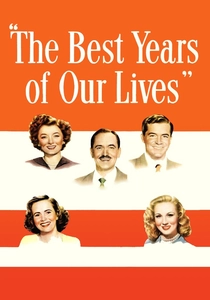
The Best Years of Our Lives (1946)
Description: While not explicitly about combat, it examines the psychological reintegration of WWII veterans into civilian life, highlighting the support needed post-war.
Fact: The film won seven Academy Awards, including Best Picture.
 Watch Now
Watch Now
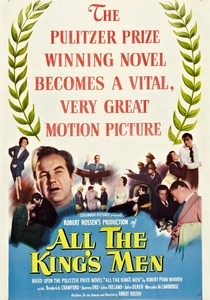
The Men (1950)
Description: This film, starring Marlon Brando, examines the psychological rehabilitation of WWII veterans, focusing on their struggle to adapt to civilian life.
Fact: Brando's performance was praised for its authenticity, having spent time with real veterans.
 Watch Now
Watch Now
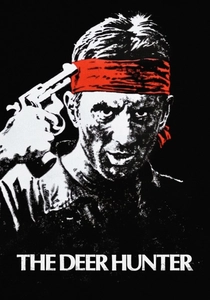
The Deer Hunter (1978)
Description: This epic drama explores the psychological aftermath of the Vietnam War, focusing on the trauma and support systems among returning soldiers.
Fact: The film's Russian Roulette scenes were controversial but added to its intense portrayal of war's psychological impact.
 Watch Now
Watch Now
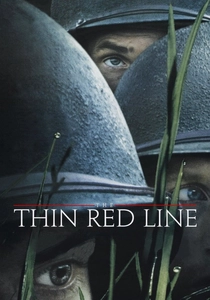
The Thin Red Line (1998)
Description: This film explores the inner thoughts and psychological states of soldiers during the Battle of Guadalcanal, offering a poetic look at the human psyche in war.
Fact: The film was noted for its philosophical and introspective approach to war, contrasting with more action-oriented war films.
 Watch Now
Watch Now
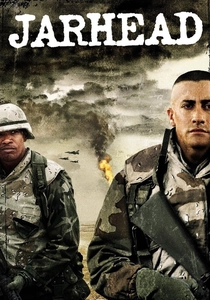
Jarhead (2005)
Description: This film provides an introspective look at the psychological effects of waiting for combat, focusing on the mental preparation and boredom experienced by Marines in the Gulf War.
Fact: The title "Jarhead" refers to the high and tight haircut worn by Marines, resembling a jar.
 Watch Now
Watch Now
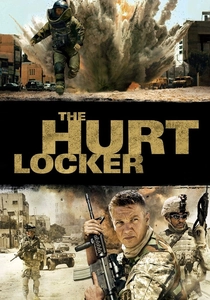
The Hurt Locker (2008)
Description: This film explores the psychological toll of war on a bomb disposal team in Iraq, highlighting the mental strain and coping mechanisms of soldiers under extreme stress.
Fact: Kathryn Bigelow became the first woman to win the Best Director Oscar for this film.
 Watch Now
Watch Now
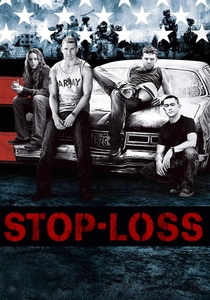
Stop-Loss (2008)
Description: It focuses on a soldier who, after returning from Iraq, is involuntarily recalled to active duty, showcasing the psychological impact of repeated deployments.
Fact: The film was inspired by real-life stories of soldiers facing stop-loss orders.
 Watch Now
Watch Now
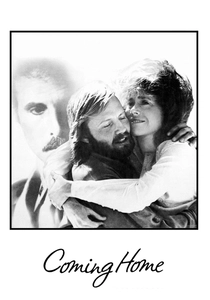
Coming Home (1978)
Description: It deals with the psychological and emotional challenges faced by a paraplegic Vietnam vet and his relationship with a woman whose husband is still at war.
Fact: Jane Fonda won an Oscar for her role, which was deeply involved in anti-war activism.
 30 Days Free
30 Days Free
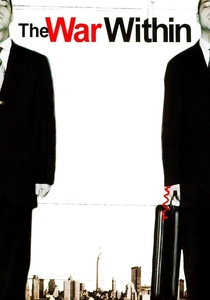
The War Within (2005)
Description: It portrays the psychological battle of a Pakistani-American who returns from Afghanistan, dealing with his identity and the support he receives from his community.
Fact: The film was one of the first to address the post-9/11 experience from a Muslim-American perspective.
 30 Days Free
30 Days Free

The Lighthorsemen (1987)
Description: This Australian film focuses on the psychological preparation and aftermath of the Battle of Beersheba during WWI, showcasing the mental fortitude of the soldiers.
Fact: It was one of the first films to depict the Australian Light Horse Brigade in combat.
 30 Days Free
30 Days Free

